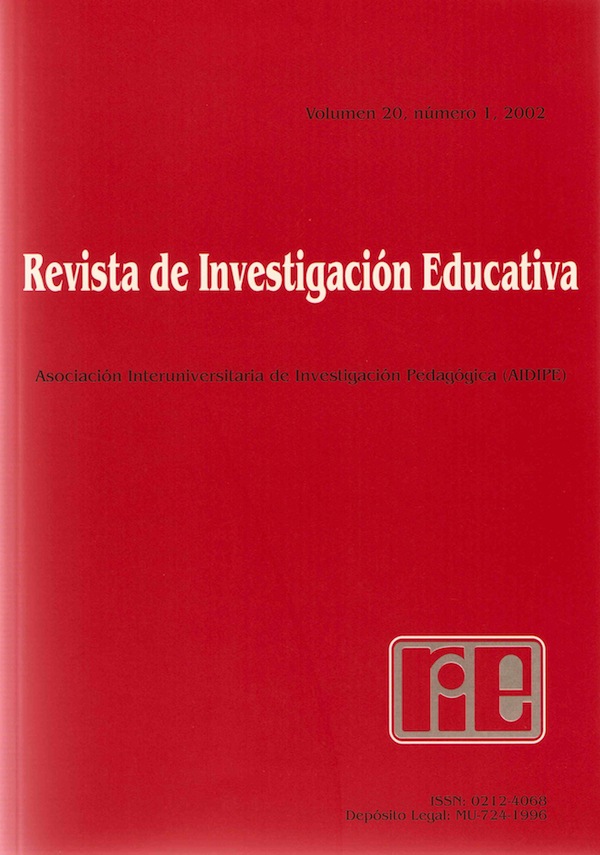La calidad en el proceso de corrección de las pruebas de acceso a la universidad: variabilidad y factores
Abstract
The educational system in Spain is undergoing a reorganisation. At present, high-school graduates who want to enrol at a public university must take a set of examinations Pruebas de Acceso a la Universidad (PAU). This paper is related to one of the main educational measurement issues associated with the examinations: reliability ofgrading. It summarises an experiment designed and conducted to evaluate the quality of grading in four subjects: Philosophy, Biology, Mathematics and Catalan Literature. Elementary summaries, such a cross-tabulations ofoperational and experimental grades, provide a clear evidence of between raters differences. A statistically more profound way of summarising the quality ofgrading is in terms of the variance due to ability, severity and inconsistency (Longford, 1994). The study demonstrates the feasibility ofan on-going scheme ofpartial duplica te grading which would be solely used for quality control and for understanding the inconsistencies occurring in the grading process.Downloads
-
Abstract474
-
PDF (Español (España))297
The articles and scientific documents published in RIE abide the following conditions:
1. The Servicio de Publicaciones de la Universidad de Murcia (the publisher) has the property rights (copyright) of all the documents published and allows the reuse under the user’s license indicated in point 2.
2. All documents are published in the digital edition of RIE under a Creative Commons Reconocimiento-NoComercial-SinObraDerivada 4.0 Internacional. (legal document) license. These documents can be copied, used, distributed, communicated and explained publicly if: i) the author(s) and its original source of publishing (magazine, publisher and URL of the document) are cited; ii) it is not used for commercial purpose; iii) the existence and the specifications about this license are mentioned.
3. Auto-archive’s conditions. The authors are allowed and encouraged to digitally distribute the pre-print versions (a version before evaluation) and/or post-print (a version that it is already evaluated and accepted to its publication). This promotes circulation and distribution earlier and can increase the citations and significance within the academic community.










